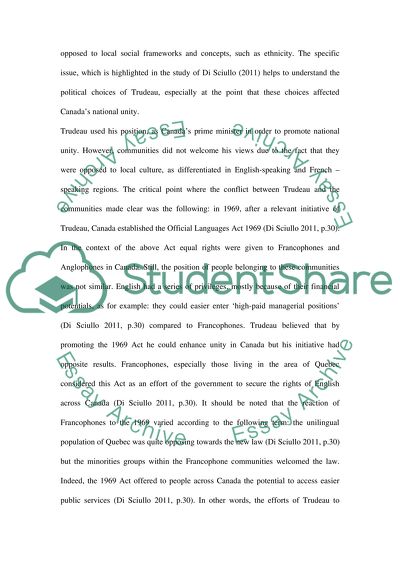Cite this document
(“The Legacy of Pierre Trudeau on National Unity Essay”, n.d.)
Retrieved from https://studentshare.org/history/1444892-the-legacy-of-pierre-trudeau-on-national-unity
Retrieved from https://studentshare.org/history/1444892-the-legacy-of-pierre-trudeau-on-national-unity
(The Legacy of Pierre Trudeau on National Unity Essay)
https://studentshare.org/history/1444892-the-legacy-of-pierre-trudeau-on-national-unity.
https://studentshare.org/history/1444892-the-legacy-of-pierre-trudeau-on-national-unity.
“The Legacy of Pierre Trudeau on National Unity Essay”, n.d. https://studentshare.org/history/1444892-the-legacy-of-pierre-trudeau-on-national-unity.


